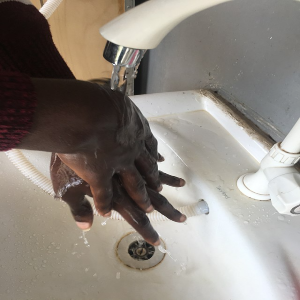Effect of health education on knowledge and practices of infectious disease prevention among primary school teachers in Kware, Sokoto, Nigeria

All claims expressed in this article are solely those of the authors and do not necessarily represent those of their affiliated organizations, or those of the publisher, the editors and the reviewers. Any product that may be evaluated in this article or claim that may be made by its manufacturer is not guaranteed or endorsed by the publisher.
Accepted: 7 November 2022
Authors
Infectious Disease (ID) knowledge and prevention practices are key elements that ensure the students' health and well-being while in school. The students' health faces many challenges, even more so in the developing world, especially in school premises where pupils live in close proximity. Teachers are the role model of the pupils while in school, therefore, they may play a central role in ensuring the pupils’ health. This research assessed the knowledge and practices of teachers and the effect of Health Education (HE) intervention on ID prevention in schools. A nonrandomized, quasi-experimental study was conducted, using the consecutive sampling method. Data were collected using a structured self-administered questionnaire. Fifty-five participants were enrolled at the start, but only 50 participants completed the study. Data were analyzed using IBM SPSS version 23. The majority demonstrated poor knowledge before the intervention and, after the intervention, there was a knowledge gain from 14.5% to 98%. The practices of ID prevention in schools were poor due to other influences, such as the availability of facilities to put knowledge into practice. The primary school teachers had poor knowledge and practices on ID prevention in schools. The HE intervention yielded a statistically significant knowledge gain. Knowledge alone, however, is not enough for adequate practices, as most schools lack the facilities to foster ID prevention practices. The study suggested that the training of teachers on HE should be upheld. However, ID prevention practices can only be sustained by a commitment from the school management, and from the government through the provision of infrastructure.
Supporting Agencies
NoneHow to Cite

This work is licensed under a Creative Commons Attribution-NonCommercial 4.0 International License.






